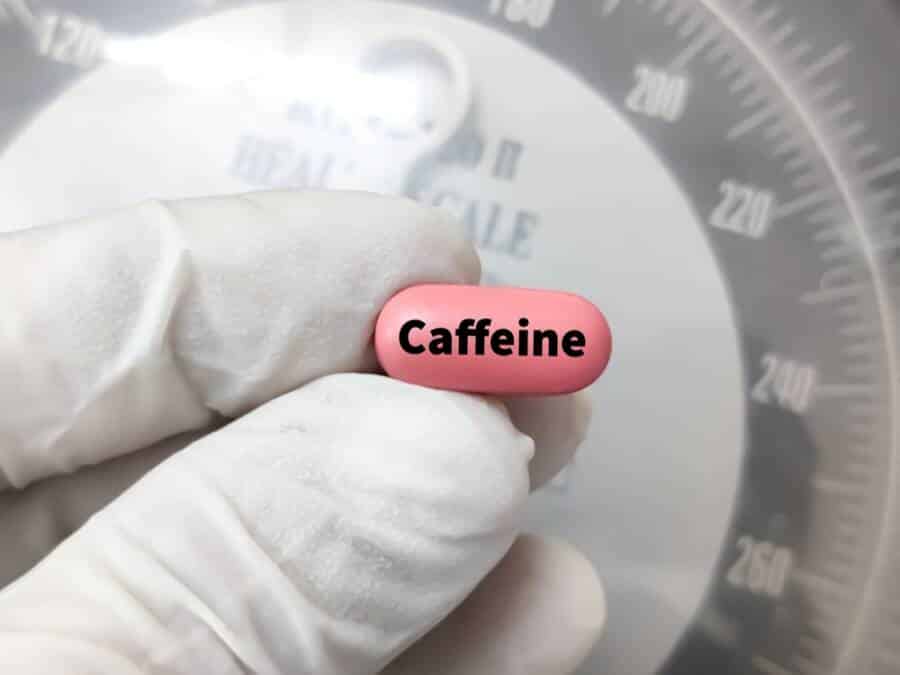
Did you know about these caffeine side effects that may affect your quality of life?
We all know about the most common caffeine side effect, which is anxiety, but can you name some other ones that could end up affecting you if you drink too much coffee?
Sure, we all like to start our day with a cup of Joe, but drinking too much coffee can lead to an increased caffeine intake that could end up having a bad effect on our lives.
Caffeine in general can have some very good health benefits, but it is all up to you to not get too much into your system.
Given that there are other types of beverages and even treats that could end up having a caffeine apport, having too much coffee on the side can end up affecting your sleep schedule, heart health, and even muscles!
If you are curious to know when caffeine becomes threatening to your health and what caffeine side effects you may be suffering from if you overdo it with this beverage, make sure you keep on reading!
Have you ever experienced any side effects from caffeine? Let us know in the comments down below!







4 replies on “4 Caffeine Side Effects You Didn’t Know About”
I am one of those rare human beings that is acutely allergic to caffeine and have to carry an epi-pen just in case I accidentally get caffeine in a food or a beverage which doesn’t list it in the total ingredients.
Obviously, it affects my breathing system.
It is getting harder and harder to find teas, coffees and sodas that are totally caffeine free. It is a serious problem..
keep reading what????
The article was an okay review of the topic without documenting specific studies, when they were performed, or who performed them. So…one observation/suggestion: More than once the intake of 400mg was referenced but there was NO REFERENCE TO HOW MUCH CAFFEINE IS IN A CUP OF COFFEE. Seems like a simple correlation for your readers. My quick research says 95-120 mg per 8 oz cup, depending on type of roasting and how it is brewed.
Yes, I assume it affects my sleep. I work night shifts and have to stay awake